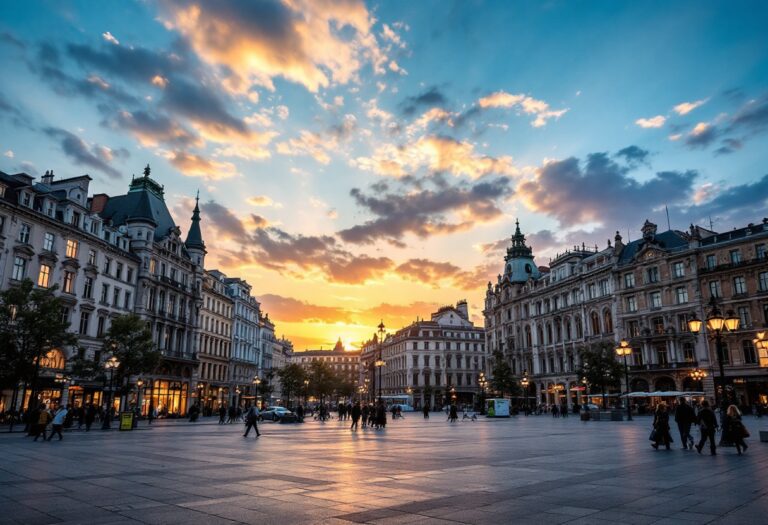The Lib Dem MP remains committed to advocating for human rights despite sanctions.

Topics covered
In a bold statement reflecting his unwavering commitment to human rights, Alistair Carmichael, the Member of Parliament for Orkney and Shetland, has declared that he will wear the Kremlin’s new travel ban as a “badge of honour.” This comes as part of a broader sanction imposed on four Scottish MPs, including Carmichael, by the Russian government, which has accused them of fabricating anti-Russian narratives.
Defiance in the face of sanctions
Carmichael, a veteran of the Liberal Democrats, expressed his sentiments in an interview with The Press and Journal, stating that the ban will not deter him from speaking out against Russia’s ongoing war in Ukraine.
He remarked, “In all honesty, I wasn’t expecting to travel there anytime soon. On one view, it’s nice to know they hear the criticism, even if they don’t like it.” His comments underscore a growing sentiment among Western politicians who are increasingly vocal about human rights abuses under President Vladimir Putin’s regime.
Political implications and historical context
The Kremlin’s sanctions, which also target SNP MP Stephen Gethins and Labour MPs Blair McDougall and Johanna Baxter, highlight the tense relationship between the UK and Russia, particularly in light of the ongoing conflict in Ukraine. Carmichael, who previously supported blocking a Russian oil tanker from docking in Orkney, has been a consistent critic of the Kremlin’s actions. He noted, “Those of us in the West who care about human rights have the obligation to challenge Putin at every turn. That’s not going to change.” This statement reflects a broader commitment among Western leaders to uphold democratic values and human rights, even in the face of retaliatory measures from authoritarian regimes.
Understanding the Kremlin’s motives
While the exact reasons behind the timing of these sanctions remain unclear, Carmichael expressed his bewilderment, stating, “You don’t know how the diseased minds in the Kremlin actually work.” His remarks come after years of escalating tensions following Russia’s full-scale invasion of Ukraine in 2022. The political landscape in Scotland has also been affected, with rival candidates embroiled in controversies surrounding their views on Russia, further complicating the discourse around national security and foreign policy.
As the situation continues to evolve, Carmichael’s stance serves as a reminder of the importance of political courage and the need for continued advocacy for human rights on the global stage. His determination to challenge the Kremlin’s narrative and support for Ukraine’s sovereignty resonates with many who share his values.




